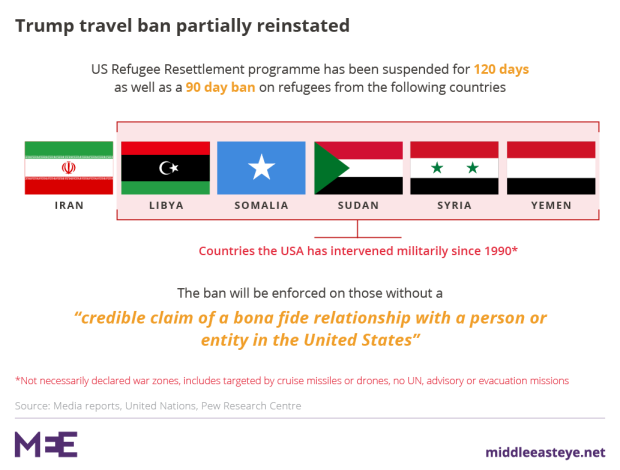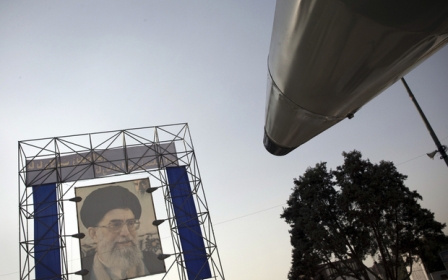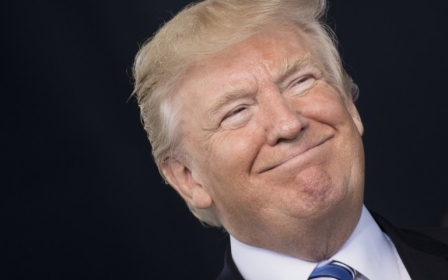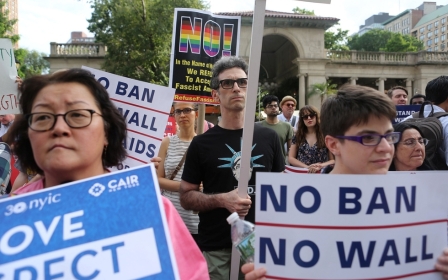Grandparents, grandkids exempted from travel ban in latest Supreme Court ruling
The US Supreme Court on Wednesday declined for now to block a judge's ruling that prevented President Donald Trump's travel ban from being applied to grandparents and grandchildren of US citizens.
But in a partial win for Trump, the court put on hold part of the judge's ruling that would have allowed more people to enter the United States under a separate ban on refugees.
The brief order said its decision is temporary while the San Francisco-based 9th US Circuit Court of Appeals considers a separate appeal on the same issue.
The court accepted a Hawaii federal judge's ruling last week that the Trump administration had too narrowly defined what constitutes "close family relationships" to determine exceptions to the ban on travellers from six mainly Muslim countries - Iran, Libya, Somalia, Sudan, Syria and Yemen.
That left in place Judge Derrick Watson's wider definition, which includes grandparents, grandchildren, nieces, nephews, and cousins of people living in the United States.
The order said the Supreme Court's ruling is temporary, pending a federal appeals court's review of the issues.
Hawaii Attorney General Doug Chin welcomed the Supreme Court's ruling on travellers.
"This confirms we were right to say that the Trump Administration over-reached in trying to unilaterally keep families apart from each other," he said in a statement.
Omar Jadwat, director of the Immigrants' Rights Project at the American Civil Liberties Union, said:
"Given an inch, the Trump Administration has tried to take a mile in implementing the ban. That is cruel, unnecessary, and unlawful," he said in a statement.
"We look forward to eradicating the entire Muslim ban, which is unconstitutional and repugnant to our most basic values as a country."
The White House and Justice Department had no immediate comment on the ruling.
The US Supreme Court on 30 June reinstated the travel ban by narrowing the scope of lower court rulings that blocked people from arriving from the six Muslim-majority countries.
The court said it would hear arguments in its next term - which starts in October - on the legality of one of the US president's signature policies in his first months in office.
The justices granted parts of his administration's emergency request to put the 6 March executive order into effect immediately while the legal battle continues. The court also said it would partly allow a 120-day ban on all refugees entering the United States to go into effect.
New MEE newsletter: Jerusalem Dispatch
Sign up to get the latest insights and analysis on Israel-Palestine, alongside Turkey Unpacked and other MEE newsletters
Middle East Eye delivers independent and unrivalled coverage and analysis of the Middle East, North Africa and beyond. To learn more about republishing this content and the associated fees, please fill out this form. More about MEE can be found here.





